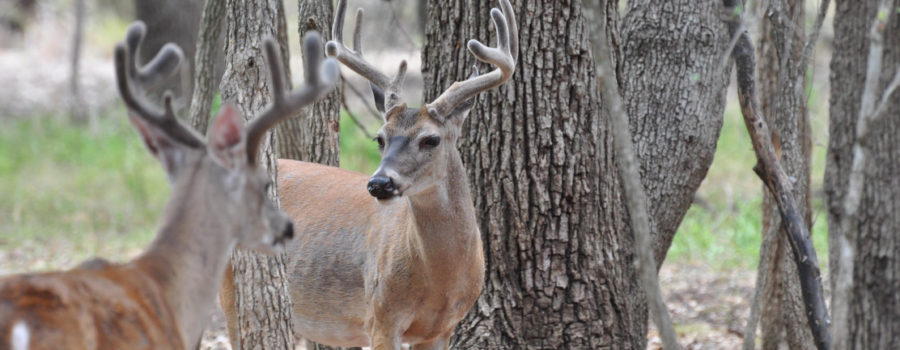There are two important aspects of the Christian life all of us would do well to consider. The first has to do with our total dependability, with this side of us unable to accomplish what is necessary for survival. The second stands in total contrast. It can and must exert itself to thrive and remain alive. To the former belong such active modes as: trust, awaiting patiently, longing for, expecting, and so on. In opposition the latter carries such endeavors as: progressing, fighting, running, climbing, pressing on, just to name a few. These two facets of the Christian life act as the wings of a bird; both are necessary to fly. To put emphasis on one of them at the expense of the other can only lead to stagnation and degeneration.
Two analogies
The Scriptures present these two aspects repeatedly and in multifarious ways, but for the sake of convenience I will limit myself to two similes used in the Bible. The illustrations they convey are simply beautiful and appropriate.
The state of impotence mentioned above is represented by a tree. On the opposite side we have the state of effective mobility embodied by a deer. The tree can only await what will be provided; the deer is expected to seek the provision. A loss of entity at this stage could prove fatal. If the tree would become restless and vacuously move to provide for itself, the exposed roots would soon be scorched by the sun and the first signs of decay would erelong appear. Likewise, if the deer would lie down passively by the riverside, awaiting to be fed by the breast of providence, the results would soon be obvious to the observer.
As clear as these examples might be we often, inadvertently perhaps, tend to confuse the entities. We strive when we should rest in confidence, and too often vegetize when we should run and climb.
The tree
The most famous portion of scripture comparing us to a tree is found in the first Psalm. What we read there is quite revealing. The psalmist introduces the man upon whom dwells the divine blessing. He goes on explaining the reason of the bestowment by focusing at first on what that man doesn’t do. As we all understand this is an important part of the Christian life. It could be referred to as the vital passive state of a Christian. Possibly more of our preaching should be directed to that mode, for as we observe in the Psalm under consideration passivity must precede activity—the vase must be emptied before it can be filled.
Then comes verse two, which expresses the active part; but the activities therein defined are peculiar in that they can be performed in a stationary mode, only the heart and mind are required to be active. There is no running, no climbing and no rushing. Everything is calm, yet by no means passive. The mode of delight is remarkably active as well as the meditation, but the activity is serene, blooming in quietness, yet the results are phenomenal: there is greenness and freshness, fruitfulness and productivity, life and health, beauty and attraction.
The problem we recurrently face when we read this sort of Psalm resides in the difficulty we have to comprehend that all these wonders can germinate in quietness and trust, away from agitation and sweat. The Scripture is imperative, at times we must avoid action even if our entire being cries, “Run!”
Although the circumstances turn black and the wild beasts draw near, we must stand still in adoration and total surrender. Elijah was such a man. He stayed quietly by the brook Cherith until everything had dried up. The water so necessary for survival was all gone. The temptation to move onward must have assailed him strongly and the voice of despair must have been heard deep inside, yet he stood in trust and obedience. This is true spirituality. It can survive the test of time and bloom there where many take fright. It doesn’t see when heat comes. Even then its leaves remain green and in the year of drought it continues to yield fruit. If anything deserves an Alleluia this must be it.
The deer
As surely as there are times when a tree represents our state accurately, there exist other times when actions are required. It is this fine synchronization with the divine mind that can make us complete in all the will of God (Col. 4:12).
The good news is that, just as the deer, we are equipped with sensory faculties able to guide us in time of need and help us to prosper in our ascent. While our neck is outstretched we can sniff with our nostrils, so to speak, and detect the vital elements from afar. Such ability inspires the heart and sets us in motion. As a result we find ourselves climbing avidly as out of instinct. We run, struggle, and circumvent all obstacles with a skill reminiscent of the divine prowess, for it is He who makes our feet like the feet of deer and set us on our high places (Psalm 18:33). And as this would not be sufficient we can also observe Him until the day break as He moves like a roe or a young hart upon the mountains of Bether (Song of Songs 2:17). Hence, grace rivets our eyes on Him and as we look, a divine afflatus fills our hearts and we find ourselves transformed into the same image from glory to glory. So we run after Him (Song of songs 1:4), and in so doing find pasture in abundance. This is jubilation and life everlasting.
So one side is motionless, the other full of activities; the one can only receive, the other can fetch. We are left with a sort of ecosystem in which one needs the other and vice versa. A separation here would be lethal, but be of good cheer, we are both in one, a tree and a deer.
If you think this post can help somebody you can share it with the options presented bellow.













